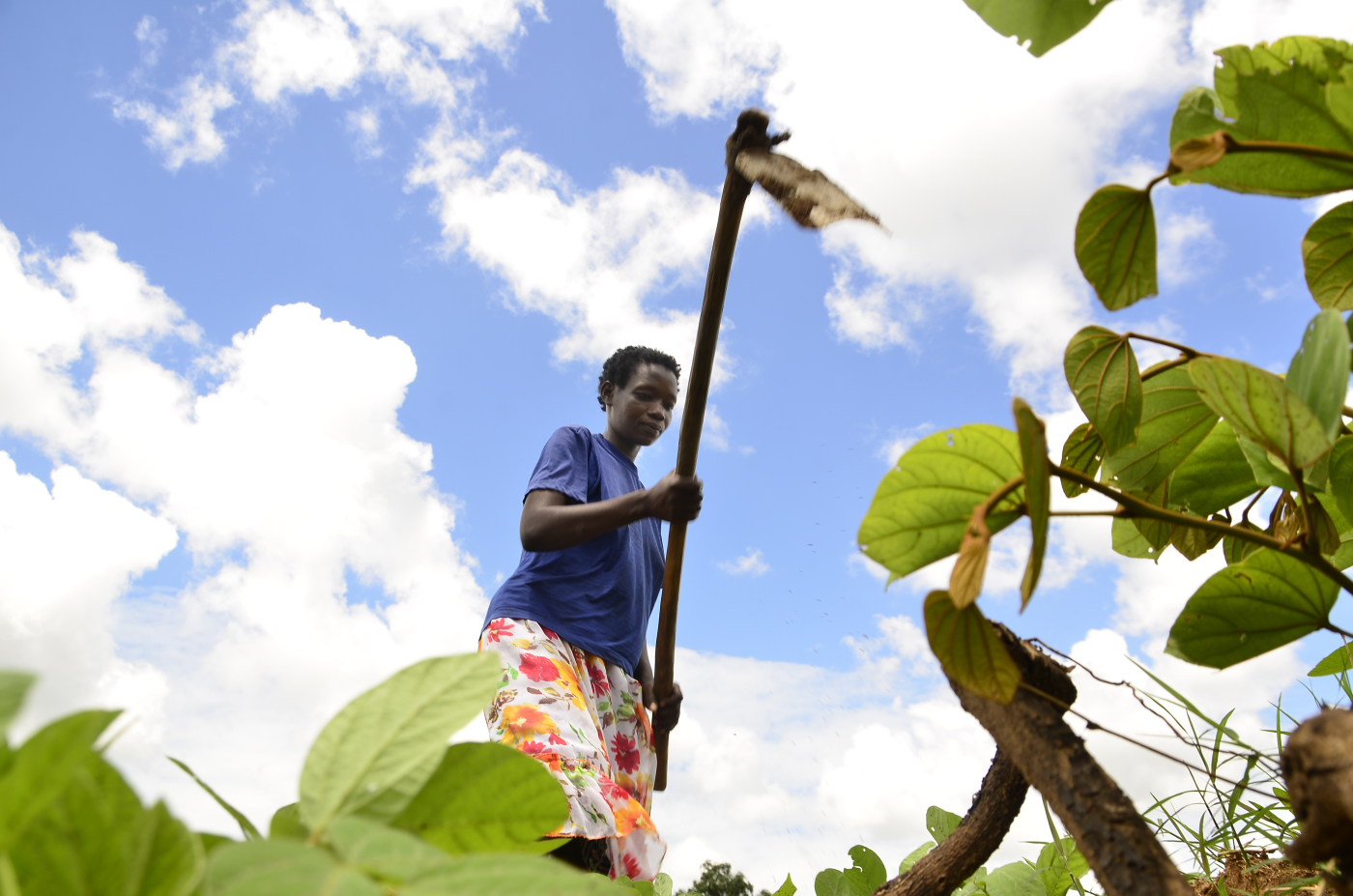It started off slowly. In 2011, the United Nations endorsed that October 11 would be marked the International Day of the Girl Child. This October I saw, for the first time, my timeline fill with ordinary people writing something thoughtful about the day and what it means to them and the girls in their communities.
I tweeted a few reflections on why we need the this day even at a time where we see some wave of fighting back – many still ask, what about the boy? I say: we need the day of the girl because the world is still damn unequal. We need the day of the girl because you still put unnecessary hurdles in your girl child’s life which you don’t do for your boys’. This in no way means the boy child doesn’t have his own hurdles and pressures from society. It means that the girl…
View original post 751 more words










From readers